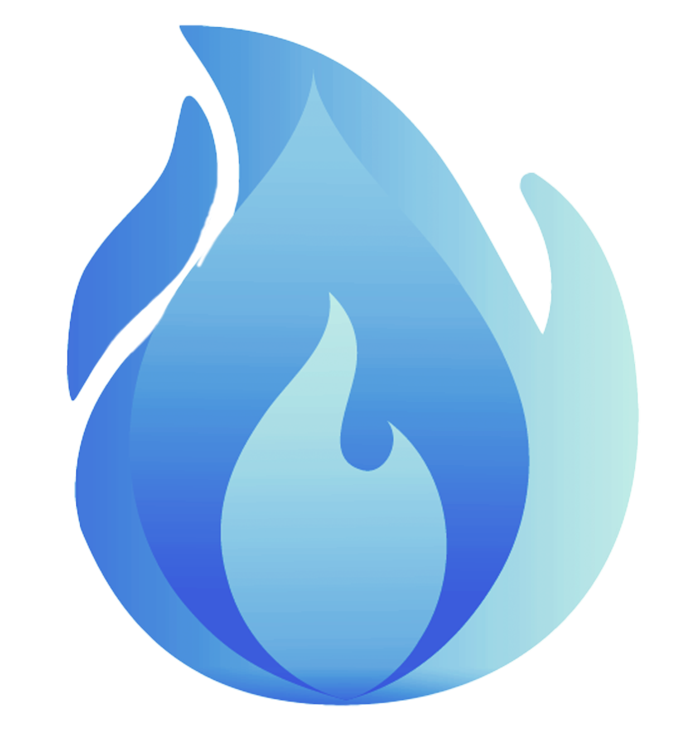You would find this from an old senior project about the
consequences of uranium mining in East Falls county.
(This can be taken icly)
Red Powder
‘I will say of the lord; I will not be afraid of the terror of the night,
nor the evil that walketh in the day, for I have made God my refuge and fortress.’
East Falls uranium mine was built in 1932, just a few miles from the town center. The United States became interested in the relatively large deposit of uranium near the town and commissioned a mining company to begin harnessing the deposit. They gave the job to X-corp, a mining company that had previously established several operations in the region. Within a year, the mine was fully up and running. There was only one issue, they lacked a workforce capable of working the mine. That’s when the East Falls government became interested in the operation, opting to sell land for close to nothing. This investment paid off, with multiple communities being created near the mine. Now they had their workforce, and there was plenty of work to be done. Unfortunately for the population of East Falls, safety was not their biggest concern.
The following are spoken accounts and testimonies about the mine from residents who’ve experienced its issues taken from the federal case, Cortez v. The United States.
A tape would begin to play.
The sound of papers shuffling could be heard.
“Good afternoon Mr.-” A beeping sound could be heard.
“I’d like for you to recount your memories of the East Falls Uranium Mine, please do not leave anything out.”
“The old mine? Shit, that place was a death trap from the beginning, not even mentioning the poison it dug up. Look, I couldn’t even count how many people died from collapses alone in that hell hole. We heard about something like that every month, so much so that they called the entrance The Gates of Hell. I was a kid back then, around twelve when it was most active. Our parents were smart, not letting us get too close to the mine. Still, no one could have guessed the pickaxes they were using could be dangerous. They brought them home with them and then took them back to work the next day. The number of times I played with my friends next to the contaminated equipment. . . well it’s safe to say it’s impossible to tell.
The older people mining got sick often too, usually with all these new diseases and issues. We knew what the reason was but unfortunately for us, the mine was most people’s sole income. Hell, I even was a miner for a summer. It was just after my senior year and I wanted to save up some cash to go to college. I started around early July, saw the fireworks before going down on a shift. You know, most people don't talk about the collapses and the horrid conditions but they’ll talk about the red powder. Outside the mine the dirt had all turned to a dark crimson color, and it stuck to everything it got on. It got in your lungs, and eyes, and just made your time mining worse. I found out later that there was a dangerous level of uranium particles in that dust, and I probably lost around ten years of my life just because I worked a summer in that pit. Anyways, every day after the work shift we came home covered from head to toe in the stuff. When we made our way back into town, it felt as if a crimson haze fell upon the valley; as if the earth itself was exhaling its blood into the air. It got everywhere, onto rooftops of our homes, along the streets where children played, and into the lungs of every resident. I guess it was a way to pay for our sins.”
A silence would continue for a few moments before the interviewer spoke.
“Can you please clarify what you mean? What sins has the town committed?”
“We’re not idiots, we found out what it was used for. Sure they painted a happy picture of power plants and energy for all, but we all learned what weapons were created. It’s ironic, a lot of people went to the churches and prayed for peace among the world yet spent their days mining the thing that will send us all to eternal damnation.”
There was silence again before he spoke once more.
“We also joined hands in prayer for our health and the wellness of the town, when we were the ones poisoning the water and mining up divine punishment. I wonder if the lord himself made the uranium poison, to punish the hands who attempt to play at god. Well, either way, divine punishment or not we’re suffering the consequences. The mine’s been closed for three years, but the water is still poisoned, and that damn red powder is still coating us like we’ve been given the mark of death.”
The sounds of more papers shuffling could be heard.
“Thank you for your cooperation, we will be in contact if you need to testify in court.”
Next tape.
The sound of a male clearing his throat would be heard.
“Can you please state your name for the record?”
The response would be censored.
“I want you to tell me what you remember about the mine, please give an honest opinion.”
The voice of a woman spoke up.
“Well, to begin it was the only thing keeping the town running at the time. Most people’s income came from the mine, if it shut down then the town would shut down with it. Still, I wished it closed its doors earlier. That mine was a death sentence for most people who entered it. My husband, god rest his soul, was the shift manager. Spent most of his time making sure no one else was sending them all to an early doom. He’d always come home tired, covered in that horrid red powder. He was getting old and started having breathing problems. We took him to the doctor only to receive word he’d contracted something awful. It was called silicosis if I remember. The doctor said it was because of all the dust he was breathing in. He was getting worse and worse, but he still refused to stay home. I knew he was going to pass soon, just didn’t expect him to die the way he did.”
She stopped speaking, and then the interviewer responded.
“How did he pass, if you are comfortable with sharing.”
There was another long pause before the woman spoke up again.
“He died when the mine collapsed, I think right around January of 1945. He was always trying to be a hero, yet that day no one was there to help him when he needed it. Ten men lost their lives that day, and my husband was one of them. Shortly after the mine closed down, it just wasn't profitable. I guess that damn company had enough trading the blood of our husbands and sons for money.”
End of tape
The court case was eventually brought before the Supreme Court in 1948, seeking compensation for victims and cleanup of the contaminated area. Even with tremendous backing and public support, the case was dismissed. To this day residents of East Falls suffer from a variety of conditions thought to have been caused by the contamination, with little to no hope of a possible solution. Thus, the red powder of East Falls Uranium Mine will remain to haunt future generations for years to come.
Last edited: about 1 year ago x 2


